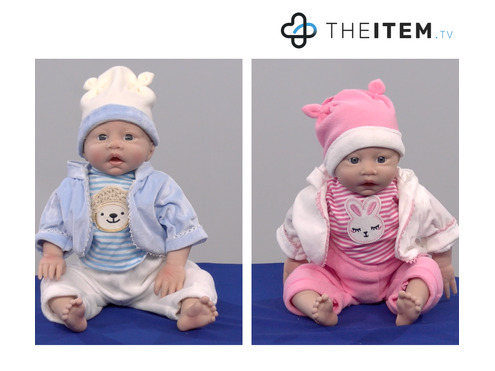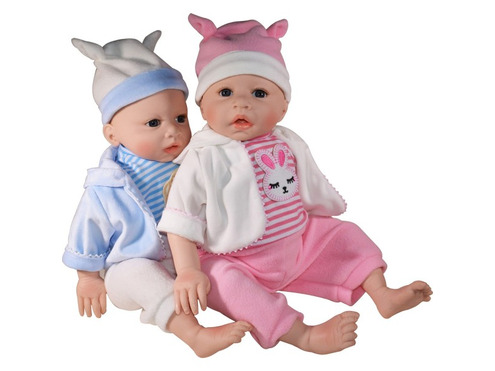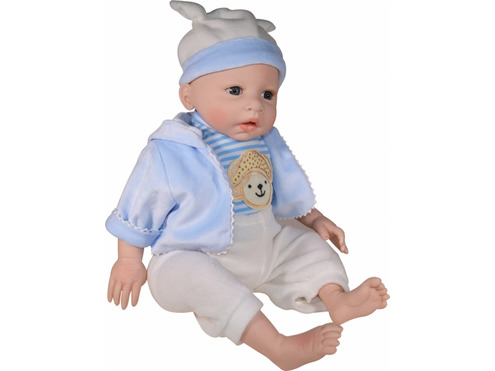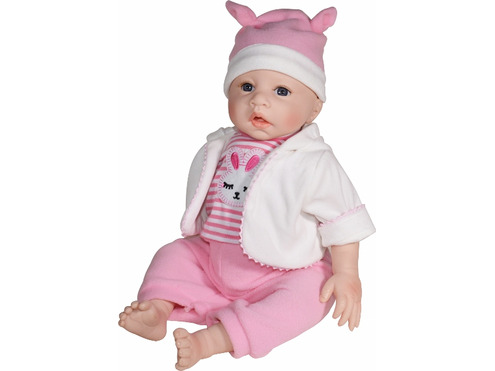Empathy Doll with two outfits
At theitem.tv we look at to provide items that ensure that we can relax and engage with the people that we support. Life like dolls or soft toy animals can have great benefits for some people with dementia, particularly in the later stages. They can promote feelings of relaxation and pleasure, and are considered a form of therapy not merely playing with a toy.
Holding or just being with a doll or soft toy animal can be particularly helpful for people who are withdrawn, restless, distressed or anxious, improving their wellbeing and ability to communicate.
The sensation of holding a doll or toy animal can be soothing. It might remind them of a time when they had young children or a pet of their own.
Caring for a doll or soft toy can also give people with dementia a renewed sense of purpose and help them connect with the outside world. This can have a knock-on effect on their energy, activity levels and mood.
Glenn Knight CEO Training 2 CARE Group and Creator of the Dementia Interpreters Course comments "Doll therapy is widely recognised as a calming and relaxing item that people with dementia may get attached to and can control. It is seen as an item that can be quite controversial for family members with a parent engaging with a doll. It is important to realise that people with dementia will view items in different ways to us and we need to look at why we do not like them using a doll as a calming influence. Doll therapy is widely accepted across the professional landscape of dementia as being beneficial. Often care providers will add to the item by giving prams, push chairs, a high chair for lunch and therefor welcoming the commitment that the person has made on the item. The realistic empathy dolls can be dressed in blue or pink and the person can choose which as each doll comes with both full sets of clothes. Do I recommend these? I always look at what the person wants rather than my viewpoint and I have witnessed first hand the power of these to reduce heightened behaviour and give the person self worth. Always place in a room and let the person decide, it is not our place to say these are wrong and if someone has an attachment".

 0
0 



